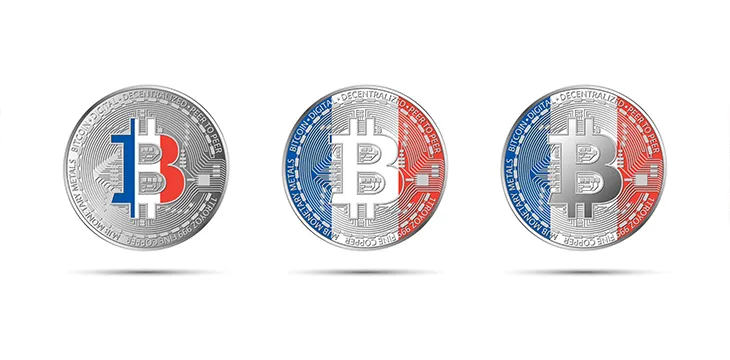|
Getting your Trinity Audio player ready...
|
François Villeroy de Galhau, governor of the Banque de France, has announced that the second phase of the EU’s central bank digital currency (CBDC)—the digital euro—is set to kick off this year.
In a speech presented during the Paris Europlace International Finance Forum, Villeroy de Galhau, a member of the governing board of the European Central Bank (ECB), stated the phase will see four or five experiments carried out on the digital euro platform.
These experiments will mainly revolve around testing the prototype digital euro with private actors for retail use cases. This ensures that it is interoperable with the traditional finance system and ready for the ECB’s planned 2023 rollout of the pilot regime.
In his speech, Villeroy de Galhau stressed that the ECB and other central banks in the bloc were not oblivious of existing concerns of disintermediation that a CBDC could foment. He reassured that the project was taking these concerns into its design considerations.
“Concerns have emerged that the issuance of a CBDC would threaten the role of banking intermediaries in client relationships, while draining banks’ deposits through a massive conversion into risk-free CBDC accounts… The Eurosystem is currently looking at the possible scope and design of a digital euro,” he said.
The French central bank governor added that the Eurosystems platform, as the EU’s CBDC is named, will maintain the “partnership between central bank money and commercial bank money.”
Phase 2 will build on phase 1 Eurosystems achievements
According to Villeroy de Galhau, experiments in Phase 2 will not exclude further testing of the wholesale use cases of the digital euro. The phase will continue to build on the successful milestones reached during experimentation in phase 1.
Phase 1, which wrapped up in December 2021, saw the Eurosystems platform tried out in central bank bond issuance, as well as cross-border and cross-currency settlements. France championed some of these efforts through its collaboration with the Bank for International Settlements (BIS).
Villeroy de Galhau further commended the EU’s achievements in digital asset regulation under the French presidency of the body, which elapsed in June. He mentions strides made with the Transfer Fund Regulation (Travel Rule) and Markets in Crypto-Assets (MiCA), specifically.
With the EU having reached agreements on both laws, France is set to join other EU member countries in harmonizing digital assets regulations when they come into force by 2024.
Watch: The BSV Global Blockchain Convention presentation, CBDCs and BSV
https://www.youtube.com/watch?v=ggbZ8YedpBE&t=28985s

 09-18-2025
09-18-2025 





